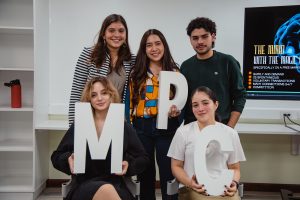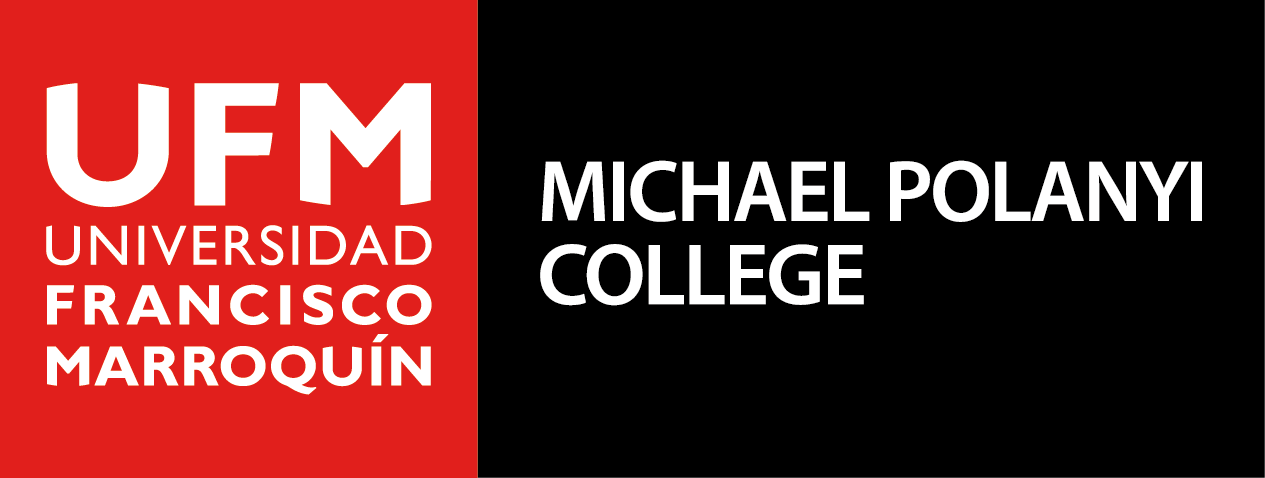As Universidad Francisco Marroquín’s Michael Polanyi College (MPC) celebrates its 12th anniversary, it is an opportune moment to reflect on its growth and challenges, providing valuable insights into the evolution of such a unique, innovative, and dynamic academic program. Over the course of these past twelve years, here are some of the main challenges the program has faced:
- Establishing Legitimacy, Consistency, and Recognition
Being a disruptive academic model, MPC initially faced challenges in gaining recognition and legitimacy within the broader educational and academic community. Many institutions and educators were accustomed to more structured, traditional curricula, and so gaining their trust and support for a student-designed program required time, consistency, and tangible success. Over the twelve years since its founding, more than sixty students have graduated with a Bachelor of Liberal Arts in forty-seven distinct concentrations, as each graduate chooses their own concentration, but some have happened to coincide.
- Balancing Flexibility with Academic Method
While the program emphasizes flexibility and personalized learning, it has been crucial to ensure that this freedom is grounded in a well-established academic method. The integration of BookCamp, based on the Great Books method, and Socratic Dialogue has been essential for laying a solid foundations. Creating systems to assess student progress, maintain standards, and provide a framework for meaningful self-directed learning has required a careful balancing act during the Fellowship phase. In recent years, MPC has fostered a culture of documentation and feedback, while preserving the individual liberty to choose their own path.
- Mentorship Challenges
The mentor-driven aspect of MPC is vital for its success. Ensuring that mentors possess the right combination of expertise, enthusiasm, and commitment to a non-traditional educational framework has been a continuous challenges. The same goes for finding a way to recognize mentors for their contribution, especially if it is pro bono. After all, mentoring is also about building a long- lasting professional relationship.
- Student Responsibility and Engagement
The success of MPC’s model relies heavily on student initiative and responsibility, making it ideal for highly motivated students. To encourage self-motivation, the MPC system encourages students to report on evidence-based academic or life lessons that showcase their personal learning journey.
- Building a Cohesive Community
Given the interdisciplinary and self-directed nature of the program, fostering a strong sense of community among students from vastly different academic and personal paths has not always been easy. This is especially true as each student is pursuing their own individual path. Regardless of that, MPC has succeeded in cultivating a collaborative community where students and professionals work together to face present and future challenges.
MPC’s achievements over the past twelve years demonstrate its ability to overcome these hurdles, evolving into a respected program that offers an alternative to traditional higher education paths.

Related content
Documentary film – I Am
What should I study? A question that can open up a whole new world of possibilities. There is no one way to learn, so a group of curious students open up to tell their own experience about a different form of education. One that forces them out of their comfort zone and makes them develop…
